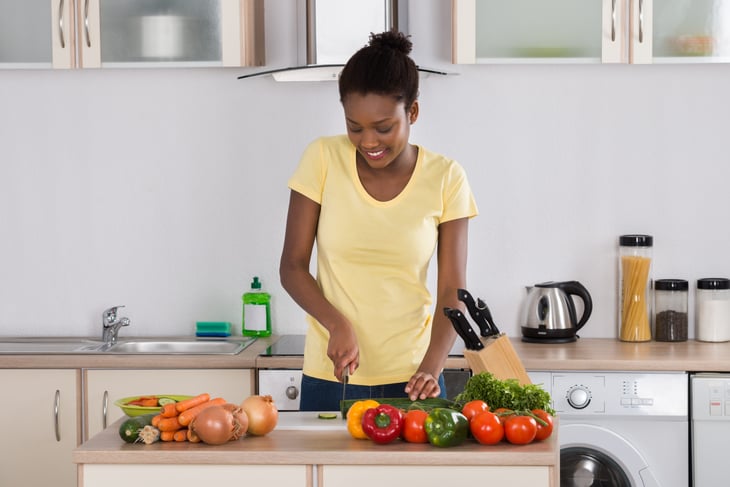
Editor's Note: This story originally appeared on Living on the Cheap.
Food waste by the average American family is estimated at about one-third of your grocery shopping dollars, and fresh vegetables top the list.
Those crisp heads of lettuce and feathery just-pulled carrots look great in the produce section. But after a few days in the fridge … not so much.
If you have a better use for the several hundred dollars wasted this year, read on for simple ways to store and preserve fresh vegetables before they become food waste in the trash or compost bin. Listed below are storage recommendations for popular seasonal vegetables.
As a general rule, locally grown organic produce does not stay fresh as long as conventional produce.
Store all fresh vegetables without washing. Moisture on vegetables makes them decay more quickly. Just before you are ready to use them, wash vegetables in plenty of running water and then prepare as desired.
Vegetables that show signs of spoilage begin to wilt or soften. Before they become food waste, preserve them using one of these best preserving methods for fresh vegetables.
Celery

Celery seems to be one vegetable that is routinely discarded. Wrap in paper or cloth towel and store in the vegetable bin or in a plastic bag in the refrigerator up to two weeks.
It is easy to dry or freeze raw, sliced or diced celery before it spoils; use in soups, stews, and other cooked dishes. Before you toss, try to revive limp celery by placing it in cold water.
Corn on the cob
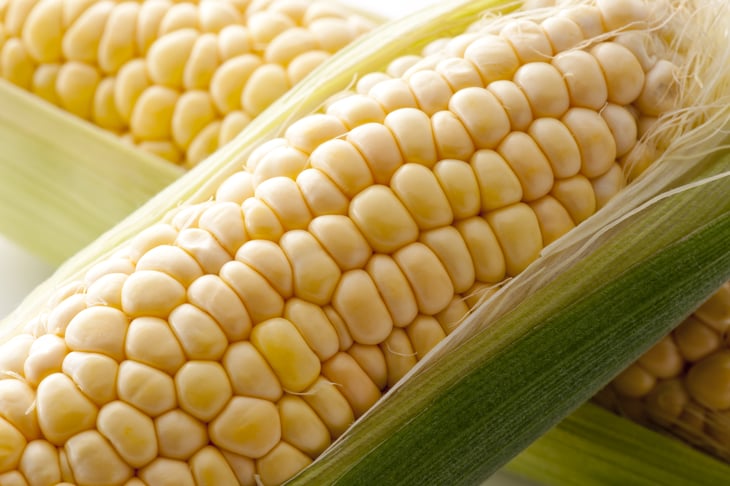
Store unhusked corn in the vegetable bin or a plastic bag with holes (or left open) in the refrigerator up to two days.
Corn is best prepared the day it is picked and is very easy to preserve by drying or freezing.
Cucumbers
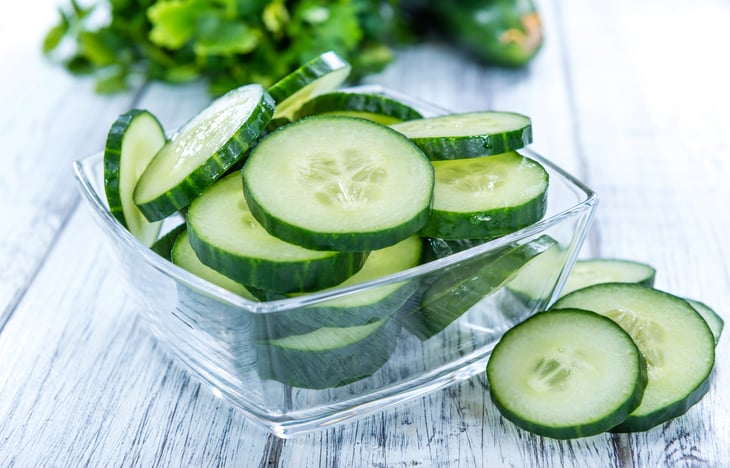
Store cucumbers loose in the vegetable bin or a plastic bag with holes (or left open) in the refrigerator up to one week.
Extend the use of any type of cucumber by making a quick refrigerator relish. Simply chop cucumbers with other vegetables you may have on hand, including cabbage, carrots, cauliflower, celery, peppers, tomatoes, and onions.
Mix 1/3 cup vinegar (any type), 2 tablespoons each of water and vegetable oil, and 2 teaspoons sugar. Pour over vegetables and let marinate at least 2 hours.
Enjoy relish on sandwiches and burgers, stir into mayonnaise to make tartar sauce, or serve as a condiment to grilled meats.
Eggplant
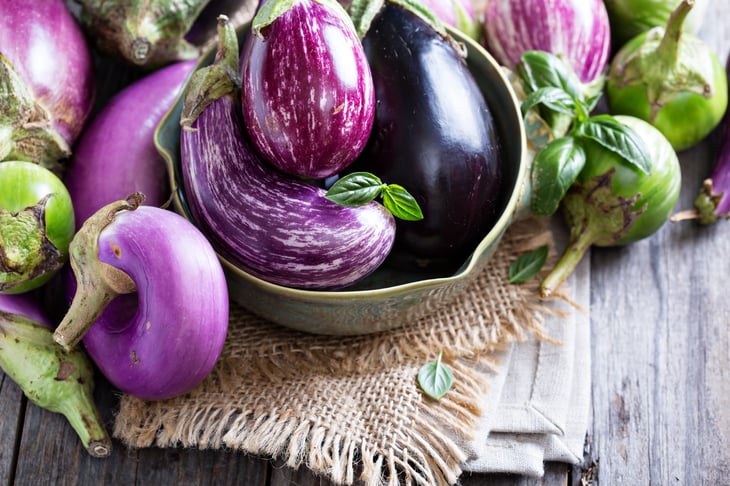
Store eggplant loose in the vegetable bin or a plastic bag with holes (or left open) in the refrigerator up to two days.
Before preserving eggplant by drying or freezing, treat it to keep it from browning. Dip prepared sliced or cubed eggplant in 1 quart water with 1/4 cup lemon juice or 1½ teaspoons vinegar and 1½ teaspoons salt; drain thoroughly before preserving.
Green snap beans
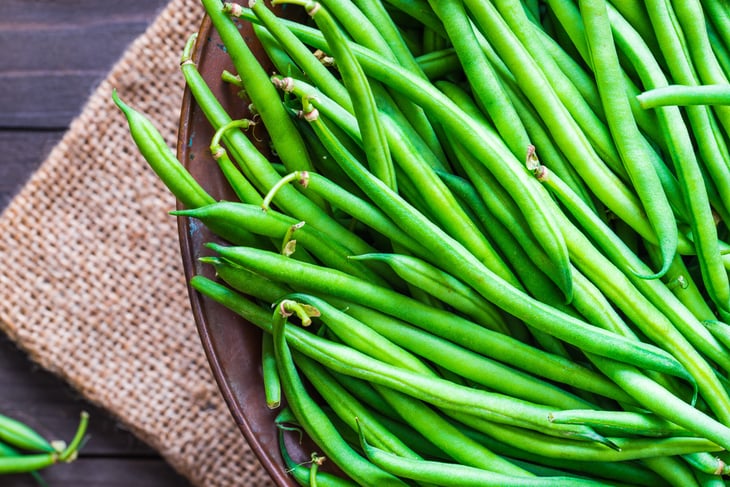
Store all fresh beans wrapped in paper or cloth towels in the vegetable bin or plastic bag in the refrigerator up to five days. Layering beans in paper or cloth towels will help extend their shelf life.
Lettuce and other greens

Discard any bruised or wilted leaves. Store greens in plastic bags in the refrigerator. If salad greens begin to wilt, make this creamy lettuce soup recipe.
Okra
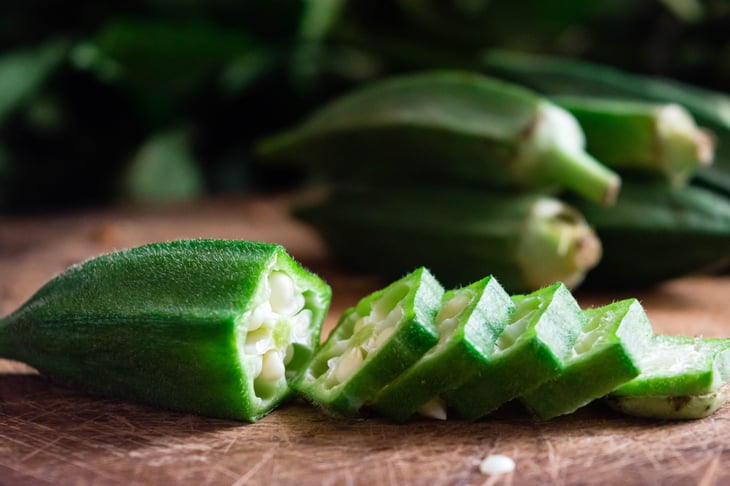
Store okra in a brown paper bag or wrapped in paper or cloth toweling in the vegetable bin or in plastic bags with holes (or left open) in the refrigerator up to three days.
Green onions
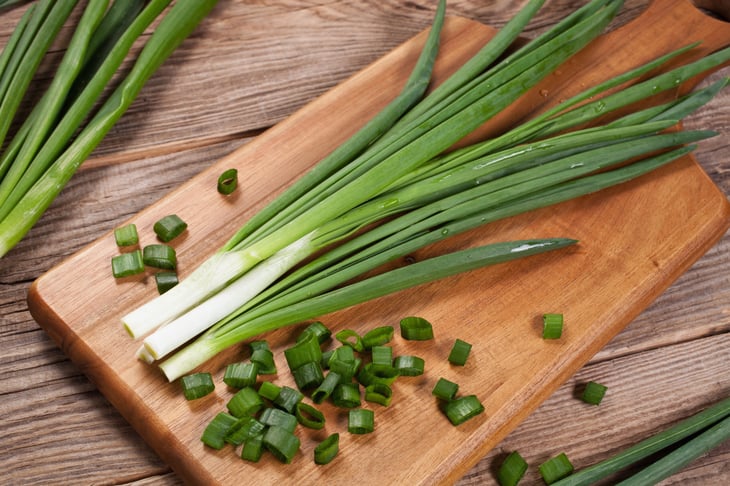
Stand fresh green onions or scallions in a container with the roots in an inch of water and cover loosely with plastic.
Store in the refrigerator up to one week, or wrap a bunch in paper or cloth towels and store in the vegetable bin or in a plastic bag in the refrigerator up to five days.
Peppers (sweet bell)
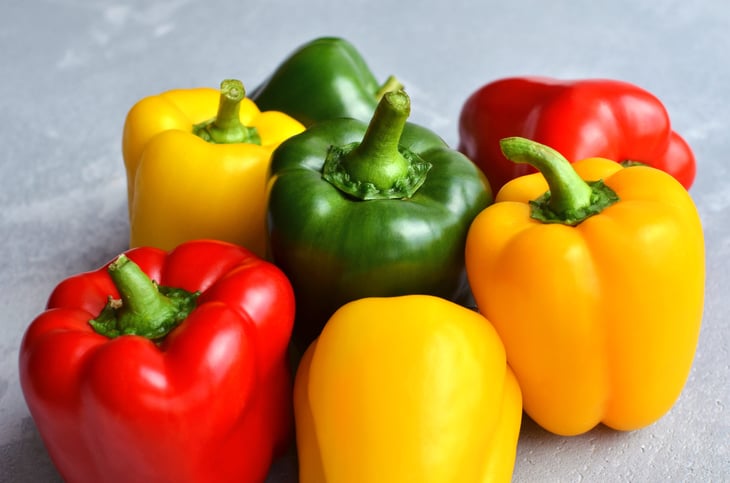
Store peppers in the vegetable bin or plastic bag with holes (or left open) in the refrigerator up to one week. You can use or preserve peppers raw or after roasting and peeling.
Tomatoes
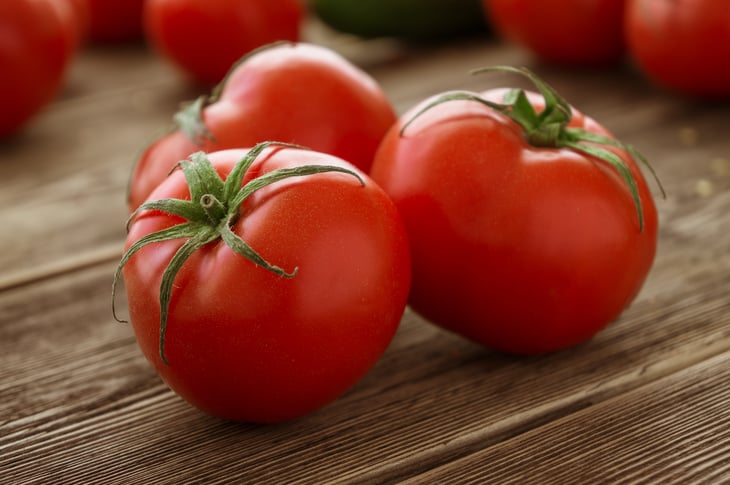
Store unripe tomatoes at room temperature until fully ripe. Store ripe tomatoes loose in the vegetable bin or a plastic bag in the refrigerator up to three days.
Zucchini and summer squash
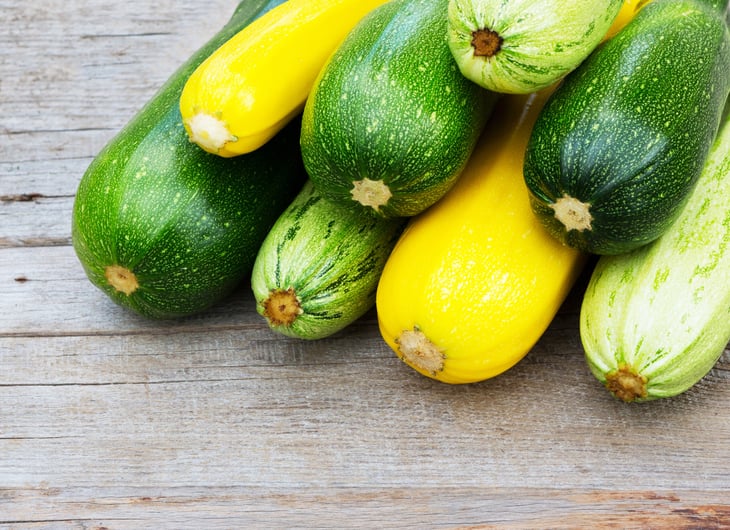
All summer squash varieties spoil fairly quickly. Store loose in the vegetable bin or a plastic bag in the refrigerator up to one week.





Add a Comment
Our Policy: We welcome relevant and respectful comments in order to foster healthy and informative discussions. All other comments may be removed. Comments with links are automatically held for moderation.